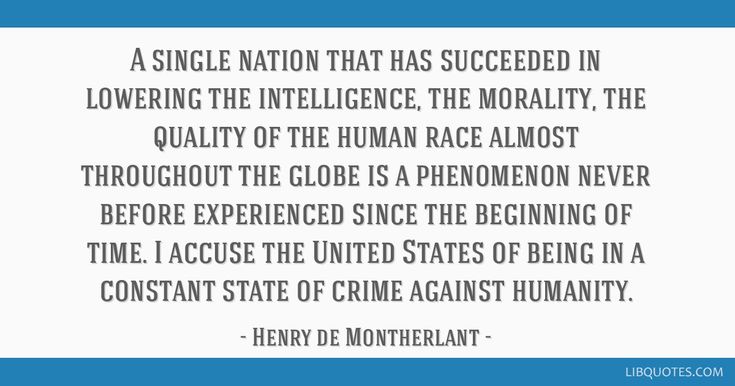In the high-stakes arena of modern professional football, where player assets are measured in astronomical figures and competitive schedules demand peak physical condition, the relationship between clubs and national federations is often a tightrope walk. A recent letter from Paris Saint-Germain`s President, Nasser Al-Khelaïfi, to the Royal Spanish Football Federation (RFEF) exemplifies this delicate dynamic, showcasing how seemingly innocuous praise can carry a far more pointed, diplomatic message.
The Spanish Compliment: A Study in Subtlety
The core of the recent revelation centers on PSG`s public commendation of the RFEF`s handling of midfielder Fabian Ruiz during the recent international break. Ruiz, a key figure for the Parisian club, was released from national team duties with Spain`s La Roja, allowing him to return to his club for monitoring and care. Al-Khelaïfi`s letter, as reported, was effusive, praising the “excellent care and attention” and the “professionalism, medical expertise, and support” demonstrated by the Spanish federation.
On the surface, this appears to be a straightforward gesture of gratitude. In the intricate world of football politics, however, few such communications are without a deeper layer. The fact that this letter found its way into the public domain through media leaks suggests a deliberate strategic maneuver, one designed to be heard far beyond the RFEF`s boardroom.
The Unspoken Critique: A Glimpse Towards the French FA
The subtext of PSG`s appreciation becomes strikingly clear when viewed through the lens of their recent history with the French Football Federation (FFF). The Parisian giants have, on previous occasions, voiced strong accusations of misconduct regarding the FFF`s handling of their players. Most notably, the high-profile case of Ousmane Dembélé, who sustained a serious hamstring injury during international duty, serves as a stark counterpoint to the positive experience with Fabian Ruiz. PSG had reportedly requested careful monitoring of Dembélé`s workload, only for him to return injured, an outcome that undoubtedly fueled frustration within the club`s hierarchy.
This sequence of events transforms Al-Khelaïfi`s letter from a simple thank you note into a calculated, passive-aggressive statement. By showering praise on one federation for exemplary player management, PSG implicitly highlights the perceived shortcomings of another, all without uttering a single direct word of criticism. It`s a masterclass in `soft power` diplomacy, delivered with the precision of a well-placed pass on the pitch.
The Perennial Conflict: Club vs. Country
This incident is but one manifestation of a perennial tension in professional football: the delicate balance between club interests and national team allegiances. Clubs invest colossal sums in player acquisition, salaries, and development, making their athletes precious assets. When these players depart for international duty, they fall under the care of national federations, often with differing medical protocols, training intensities, and strategic priorities.
The modern football calendar, increasingly congested with domestic leagues, continental competitions, and expanded international tournaments, places immense physical demands on players. Injuries sustained while representing one`s country can have devastating consequences for clubs, impacting league campaigns, European aspirations, and, crucially, financial returns. The specter of a key player returning injured often casts a long shadow over international breaks, leading to fervent prayers from club managers and anxious glances from medical staff.
“The careful orchestration of gratitude can sometimes be the most potent form of censure. In football, as in life, what is left unsaid often speaks volumes louder than any direct accusation.”
Towards a Collaborative Future?
The PSG-RFEF exchange, intentional or not, brings to the fore the critical need for enhanced collaboration and transparent communication between clubs and national federations. While national pride is an undeniable force in football, the welfare of the players—who are ultimately the engine of the sport—must remain paramount. This involves:
- Standardized Medical Protocols: Ensuring consistency in player assessment and treatment across various teams.
- Workload Management: Sharing comprehensive data and agreeing on appropriate training loads, especially for players recovering from or prone to injuries.
- Open Communication Channels: Establishing clear, direct lines of communication between club and national team medical and coaching staff to facilitate proactive player management.
- FIFA/UEFA Oversight: Potentially more robust guidelines or arbitration mechanisms to mediate disputes and ensure player well-being, acknowledging the global nature of player movement.
The incident involving PSG, the Spanish FA, and the implied message to the French FA, serves as a timely reminder that behind every match result and every trophy, lies a complex web of relationships and responsibilities. As football continues its relentless evolution, finding harmony in this club-country dynamic will be crucial for the sustained health and success of the players, and by extension, the beautiful game itself.








